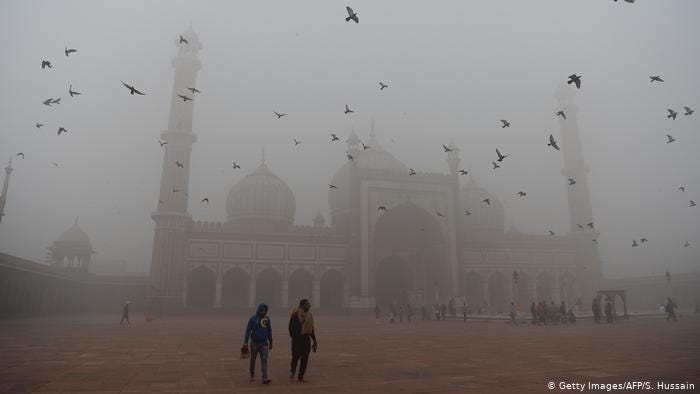As promised, each week I will bring you a perspective on some of the most important stories being discussed around the world.
Today, let`s start with India and then move on to climate change.
India is apparently now ground zero for Covid.
Horror stories are circulating from the country about mass cremations and deaths from lack of oxygen.
I am sure this is …
Keep reading with a 7-day free trial
Subscribe to Chris Waldburger to keep reading this post and get 7 days of free access to the full post archives.



